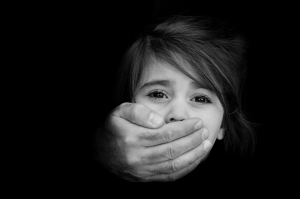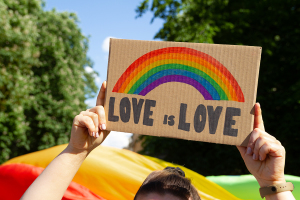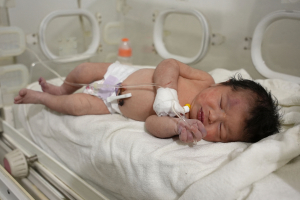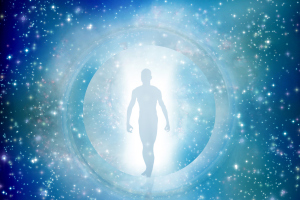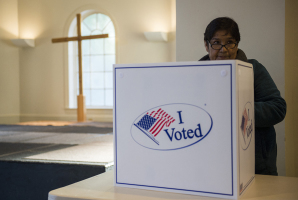How should people of faith worldwide respond to the Dobbs decision?
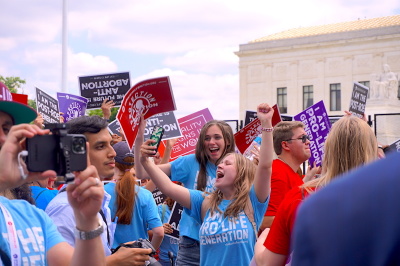
In the wake of the U.S. Supreme Court’s decision to overturn Roe v Wade, global news commentators and abortion advocates almost uniformly stated that the US is going into the dark ages on the issue of a woman’s right to her own body. In this new era of legal change and scientific breakthrough, we need to examine the issues further.
The first issue is the role of courts in a democratic government. In the Dobbs decision, the US Supreme Court passed the responsibility of decision-making to state legislatures and people’s representatives. This was an important self-correction. The Supreme Court is not elected, but rather appointed, and only to provide constitutional judicial decisions based upon applying existing law fairly when disputes arise. When courts take on the roles of the executive branch and the legislative branch of government, they cause enormous confusion for institutions of democracy.
Where I live in India, our Supreme Court recently ventured outside its lane and began interpreting which religious practices were acceptable and which weren’t. Strictly speaking, these issues are the domain of religious adherents and should be referred to the people’s elected representatives. With that, it’s worth mentioning that a nation’s Supreme Court is not infallible. Thus, precedent cannot always be the final say on a matter. Checks and balances are required in democratic power structures. However, legislative bodies have shirked contentious decisions and passed the buck to the courts.
The second issue is determining when the fertilized egg in the womb becomes a human person. To be clear, it is not in the realm of the Supreme Court to adjudicate on profound theological issues that affect many faiths.
Many in the faith community lean toward the view that the moment of a baby’s consciousness is the emergence of the human person in the womb. Others lean toward the view that human life begins at conception. As difficult of a question as this is, there is enough science at present to show that the moment the heartbeat begins in the womb there is a living person inside with its own level of consciousness.
At the present time, babies are incubated in a mother’s womb. But as science progresses, the time is coming when babies will be incubated outside a woman’s womb. The termination of a life in which the baby has a heartbeat and is conscious presents one of the most profound ethical questions that society faces.
The third issue is if society holds that human life is sacred or can be terminated on demand. If life is indeed sacred, an unborn, conscious baby’s life cannot be terminated whether in the womb or outside the womb. Exceptions such as pregnancy due to rape could be dealt with before the fetus becomes self-conscious, and a pregnancy that becomes a threat to the mother could be considered holistically.
Only a profoundly inhumane society would terminate an unborn conscious baby, unless we create a new kind of society that terminates life on demand, regardless of how advanced the pregnancy is. Aborting babies who may have a genetic defect also defies the sanctity of human life, as does abortion for gender-selection.
Today, as women the world over campaign for their unlimited right of abortion, it is estimated that about 12 million female babies have been aborted in my country due to society’s discrimination toward females, and this trend is not diminishing.
If civil societies decide to view personal human rights merely through a linear approach, without considering how the exercise of the personal rights of one impinges on the personal rights of another, we will end up with a totally selfish and narcissistic society.
Understanding the role of the courts, crafting laws that limit or allow abortion, and determining when life begins—these are just a few of the many critical components of this debate. Moving forward, and regardless of those critical components mentioned, it is up to people of faith in the U.S. and around the world to come up with practical solutions to take care of babies who are born that a woman did not want to raise. Many solutions are already in place, and this is a moment for keeping our promises and standing in the gap for women who need help.
Without a faith-led social care network, faith becomes simply hollow and hypocritical. While we advocate for humane laws and a society that views life as sacred, we can still fulfill our role as compassionate problem solvers in the meantime.
Joseph D’Souza is the founder of Dignity Freedom Network, which delivers humanitarian aid to the marginalized and outcasts of South Asia. He is archbishop of the Anglican Good Shepherd Church of India and president of the All India Christian Council.
















